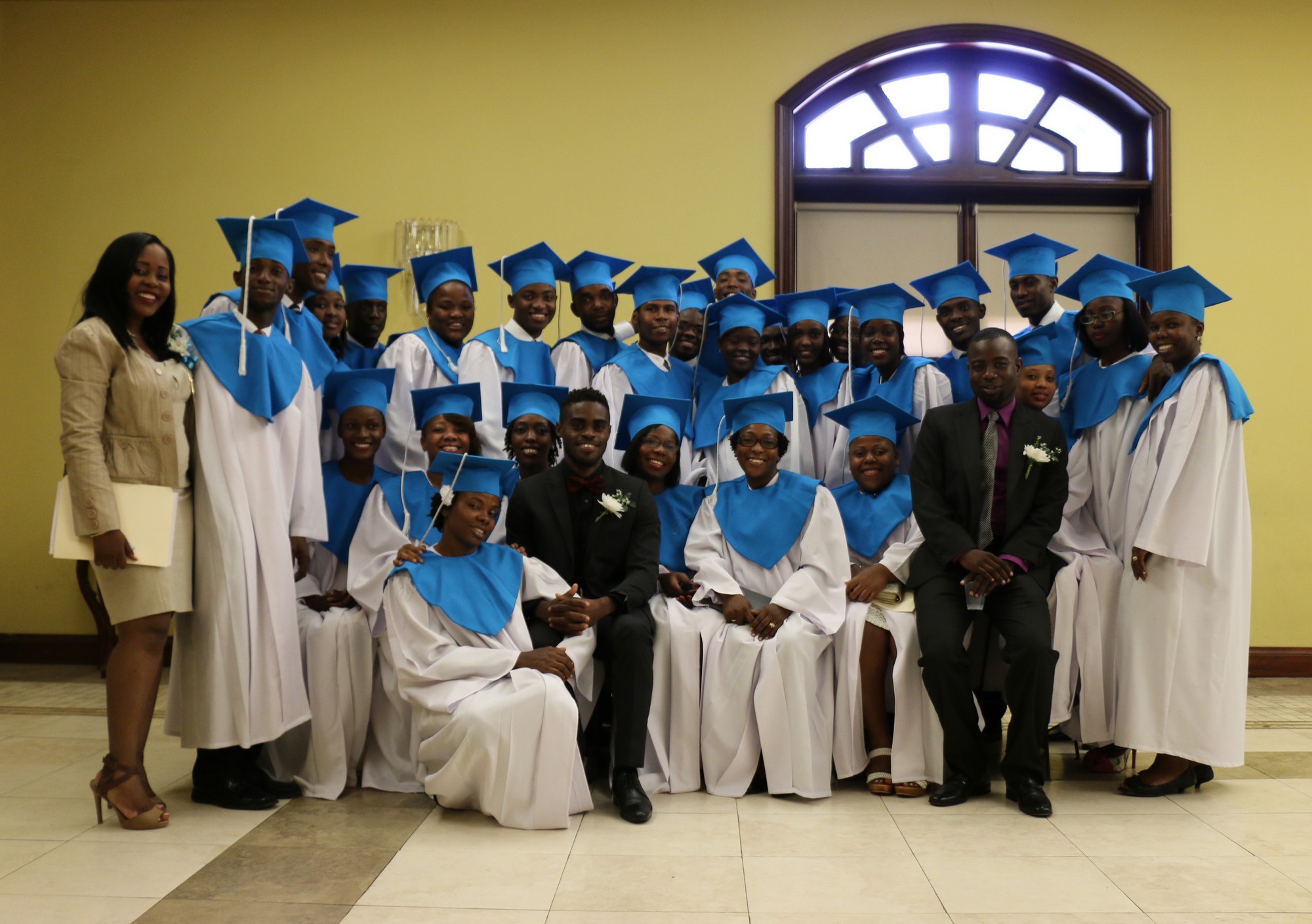Strengthening local skills
More than 200,000 people were killed and 300,000 injured in the violent earthquake that hit Haiti on 12 January 2010. According to Handicap International, in 2010, between 2,000 and 4,000 people need orthopaedic-fitting. Needs are great and make an already difficult situation worse. 15% of the Haitian population has a disability - around 1.5 million people. The country only has 13 physiotherapists and most live abroad. In order to fill the local rehabiliation skills gap, in 2012, Handicap International launched the first course for rehabilitation technicians.
“Organised in Port-au-Prince, there are two courses: one for rehabilitation technicians (18 months) and one for orthoprosthetic technicians (two and a half years). Students learnt how to design and repair prostheses or to assist a physiotherapist, among other skills. They also got practical work experience in hospital and rehabilitation units, supported by a tutor, to expose them to the realities of the profession and to help them learn how to deal with them,” explains Albert-Philippe Burger D’Haem, director of Handicap International in Haiti.
Official recognition for the profession
Seventy-two students were presented with their diploma during the awards ceremony on Thursday 27 August . More than 200 people attended the event, including representatives of the Haiti Ministry for Public Health and Population, the United States Agency for International Development (USAID) and the Agence Française de Développement (AFD), families of students and members of the press.
“For many of them, this was the first time an event had been organised in their honour. This training course is a springboard to the professional. Of the 22 orthoprosthetic technicians who have recently been awarded their diploma, 10 have already found work. Two technicians have been employed in a hospital by MSF France, in the Cité Soleil. During the event, they took their professional oath by singing a gospel song. You could see the pride on their faces, and those of their parents. It was really moving,” added Albert-Philippe Burger D’Haem.
Outlook
According to Albert-Philippe Burger D’Haem, there is still much to be done.
“Although the course is over, we’re still moving towards our goal. We want to strengthen skills in the rehabilitation sector in Haiti, over the long-term, in conjunction with the government.” To achieve this, Handicap International has been providing support to six hospitals and three rehabilitation centres since January 2014. Since August 2015, the organisation has also been strengthening the skills of untrained rehabilitation technicians already working in the profession. Discussion forums and e-learning courses have been set up to harmonise professional skills in the field. Lastly, the organisation is working closely with the Ministry for Health and Population to ensure the profession benefits from real recognition and to validate training courses. “It’s a good start. But we’re only halfway there,” says Albert-Philippe Burger D’Haem.

The graduates at their graduation ceremony on 27th August 2015. Their diplomas will enable the graduates to work with patients across the country.
© Handicap International





